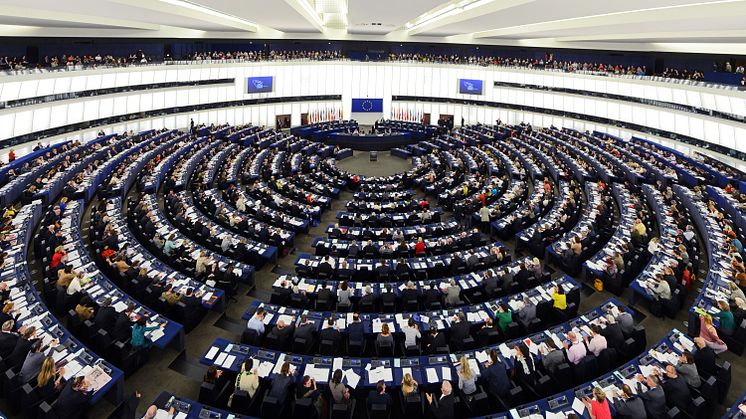
News -
New research provides clarity on convergence in Europe
(DUBLIN, IRELAND): The overall process of upward convergence - improving performance of Member States in terms of employment, working and living conditions while decreasing disparities between them - has been restored in Europe following a period of decline during the Great Recession. However, some downward trends remain, and there has been a considerable increase in income inequality in the EU population; reflecting the severe and uneven impact of the crisis.
Although upward convergence has become a central topic in EU policy discourse, until now no formal definition of the term existed. A new report tackles this issue as well as looking at the concepts, measurements and indicators behind upward convergence in the EU. Two policy briefs explore progress in socioeconomic convergence and convergence in employment.
These latest studies bring clarity to the area and establish converging and diverging trends in the area social convergence.
While the concept of economic convergence is embedded in the European treaties and has been at the forefront of European policy discussion for some time, the importance of upward social convergence or moving closer together in an upward trajectory, has only recently gained traction. Persistent economic divergence across the Member States may erode the promise of shared economic prosperity; but social divergence among, and within, Member States may undermine the European integration project and progress towards improved living and working conditions within the Union.
The studies find that in the area of employment, between 2000 and 2017, there was upward convergence of the Member States in the indicators of labour market participation, such as activity and employment rates, and labour market exclusion, with a reduction of unemployment rates. There was also an increase in the average performance of the EU as a whole, and an overall reduction of disparities between Member States in most living conditions indicators, such as poverty and social exclusion.
With regards to socioeconomic convergence, there has been an overall EU trend of convergence during the same period, this is shown in disposable household income and national minimum wage measures. At the same time, income inequality in the EU population has increased considerably, with growing differences between Member States – this reflects the severe and uneven impact of the economic crisis.
These studies will provide important clarity on the process of convergence during the past decade. What is critical for the future is to equip Member States with tools that aim to prevent the uneven impact of economic shocks, while also increasing resilience. In short, putting in place strategies to address issues associated with inequalities in working and living conditions across Europe.
Download the reports:
Upward convergence in the EU: Concepts, measurements and indicators
Progress on convergence in employment
Progress on convergence in the socioeconomic area
Access Eurofound’s new unique EU Convergence Monitoring Hub, which provides a central source for all information on convergence across the European Union. During 2019, the Hub will be further expanded and improved with more data at country and indicator level.




